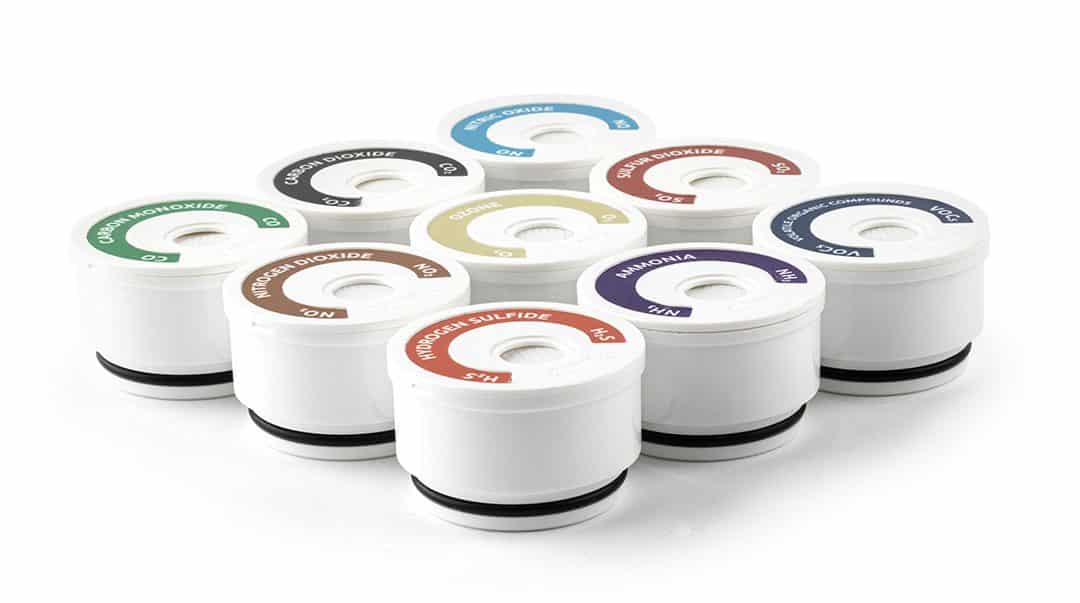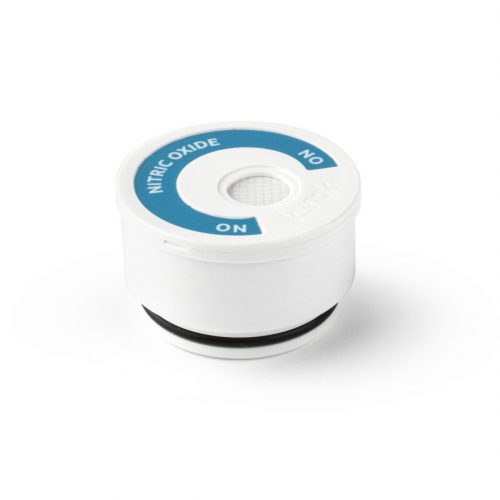
Nitric oxide


Where is it found?
Nitrogen oxide is emitted from automotive engines and the burning of coal, oil, diesel fuel, and natural gas, spe- cially from electric power plants. It is also emitted by cigarettes, gas stoves, wood burning, and silos that con- tain silage.
Why is it harmful?
Nitric oxide (NO), also called nitrogen oxide, is a color- less toxic gas originated by the oxidation of nitrogen. It contributes to climate change and its inhalation affects human health. When it reacts with sunlight and other chemicals, such as sulphur dioxide (SO2), it forms smog and acid rain. The inhalation of high levels of nitric oxide can cause respiratory problems, particularly in vulnerable groups, such as asthmatics, and it affects to cardiovas- cular and immune systems.
NO cartridge
The Carbon Monoxide Cartridge has a built-in electrochemical sensor with very low noise electronics allowing the measurement from very low concentrations (ppb) up to several ppm. To cover different applications, there are two measurement ranges: Type A measuring most common concentrations range, and Type B, a higher range version that can measure up to 500 ppm, decreasing the accuracy at low concentrations.
This cartridge is very stable over time with a lifespan that can go beyond the specifi – cation for several months under no extreme environments.
Technical specifications
Type | Electrochemical |
Unit of measurement | µg/m³, ppb |
Measurement range(1) | 0 – 5,000 ppb |
Resolution(2) | 1 ppb |
Operating temperature range(3) | -30 to 40 ºC |
Operating RH range(4) | 0 to 99 %RH |
Recommended RH range(4) | 15 to 85 %RH |
Operating life(5) | > 24 months |
Guarantee range(6) | 20 ppm |
Limit of Detection (LOD)(7) | 2 ppb |
Repeteability(8) | 4 ppb |
Response time(9) | < 30 sec |
Typical accuracy (MAE)(10) | ± 4 ppb |
Typical precision R² (10) | > 0.9 |
Typical slope(10) | 0.9 – 1.12 |
Typical intercept (a)(10) | -2 ppb ≤ a ≤ +2 ppb |
DQO – Typical U(exp)(11) | < 20% |
Typical Intra-model variability(12) | < 1 ppb |




